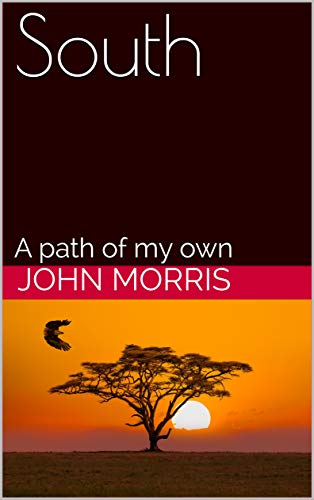A great deal has been written about happiness in the last decade — books, essays, articles. There are now college courses on happiness. We may be close to the point where you can get a degree in happiness from Yale.
This is a change. In most parts of the world, happiness is not part of life’s equation. In this country, our parents’ and grandparents’ generations didn’t think much about happiness. With their depression and world wars, they felt fortunate just to survive. They didn’t expect to be happy, or consider happiness a serious pursuit. Today we think of our lives very differently, and many of us feel entitled to happiness. Like many changes in our culture, the rise of happiness entitlement is attributable to the baby boom generation and their self-centered view of life — something alien to the silent generation before them.
Of course, the things that bring us happiness change as we go through life. What made us happy as children weren’t the same things that made us happy in college. And I would have defined happiness differently when I was starting my adult working life than I did at the end.
Today, Kim and I are living a nomadic life very different from the lives chosen by others in our generation. Some are still working. Others are retired and living in one place. Some have found ways to combine the two. While Kim and I have found happiness in our nomadic life, others are just as happy doing what they’re doing at this stage in life. But what makes the two of us happy is unlikely to make many others — who need a home and more stability in their lives — as happy.
Somewhere along the way — before I realized I’d be writing these essays — I stumbled on two lists of three things thought by their authors to be the secrets to happiness at our stage in life — regardless of whether you’re a nomad or something less mobile. I wrote down the two lists, but I neglected to write down the names of the authors of the lists. So I’m plagiarizing here and hoping that this confession lessens the severity of my crime while not diminishing the importance of these uncredited thinkers’ thoughts.
Here is the first list of the keys to happiness later in life:
— Having something to do
— Having something to love
— Having something to hope for
I have tons of all three in this itinerant life that I share with Kim. Although, it’s easy for me to imagine that someone my age still working or retired in place could have all three as well. No matter what you’re doing with your life, if you manage to have all three — do, love, and hope — it’s likely to be a life with which you’re very satisfied and more than happy.
Here’s a second set of three things thought by another author to insure happiness if you keep them in your life:
— Meaning — meaning associated with the things you do
— Mastery — mastery of newly acquired skills
— Autonomy — being free to make all your choices for yourself
I feel we’re lucky enough to have these three things in our lives as well. Certainly to me, the last of the three — autonomy — contributes much more to my happiness than the first two. This kind of life gives me total autonomy.
Were I asked to come up with my own list of three things to insure a happy life, they would be these:
— Keep moving
— Avoid boredom
— Eat pastries


